Director Mira Nair on Who Decides What’s ‘Marginal’ and Why People Should Tell Their Own Story
In "Queen of Katwe," the “Monsoon Wedding” filmmaker turns to Uganda to capture the tale of a young, rural chess prodigy and remind us that genius is everywhere.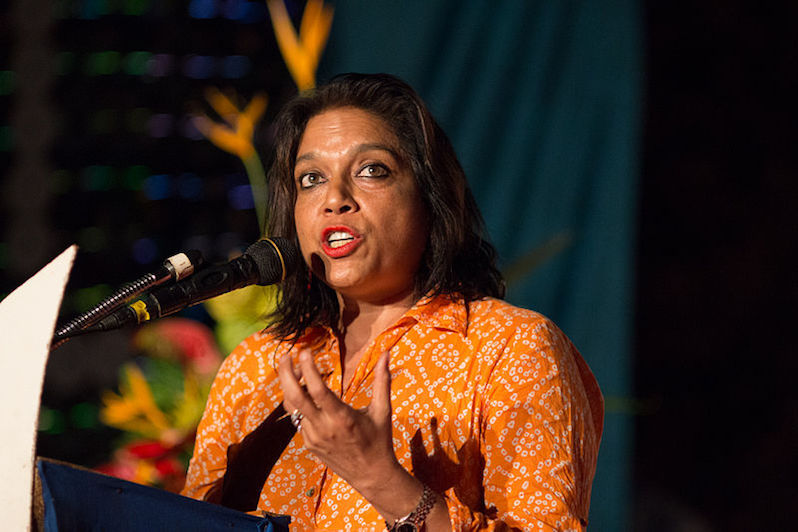 ZIFFphoto / Wikimedia Commons (CC-BY)
ZIFFphoto / Wikimedia Commons (CC-BY)
ZIFFphoto / Wikimedia Commons (CC-BY)
Filmmaker Mira Nair’s upcoming film, “Queen of Katwe,” starring Lupita Nyong’o and David Oyelowo, tells the true story of rural Ugandan chess prodigy Phiona Mutesi.
Nair, who splits her time between Kampala, Uganda, and New York City, got a call from Ugandan Tendo Nagenda, the executive vice president of production at Disney, asking her to make the movie. Nair hadn’t heard of Mutesi, but was captivated by her story, which in the director’s view demonstrates how genius can be discovered anywhere.
Nair, who grew up in India and did political street theater at the University of Delhi before winning a scholarship to Harvard to study acting, was in San Francisco recently to receive the Irving M. Levin Directing Award at the San Francisco International Film Festival.
Nair left acting and moved on to photography and then documentary filmmaking before settling on directing feature films. In 1988, she won the Caméra d’Or and Prix du Public awards at the Cannes Film Festival and was nominated for an Academy Award for Best Foreign Language film for “Salaam Bombay!”, her debut feature about street children in India.
Known for using both nonprofessional actors and movie stars and for making films that explore cross-cultural identity, Nair’s roster of movies also includes “Mississippi Masala” (1991), “The Namesake” (2006), “Monsoon Wedding” (2001) and “The Reluctant Fundamentalist” (2013).
Founder of the Maisha Film Lab in Kampala for aspiring East African filmmakers, Nair sat down with Truthdig to talk about who decides what’s “marginal,” the importance of having people tell their own stories and how “Queen of Katwe” is not about a poor girl triumphing against all odds.
In your movies, you often have famous actors and unknowns together, such as Denzel Washington and Sarita Choudhury in “Mississippi Masala.” Is that a conscious thing?
I think everything in filmmaking is a conscious thing. I always think you put a really experienced skilled person, often a movie star, opposite someone who has got the goods, in my opinion, but not the tricks—who doesn’t know anything else than being oneself. You put Denzel Washington opposite a Sarita Choudhury, who was a girl on a bicycle I saw who captivated me, and something can happen and often does happen. Lack of artifice influences and inspires one who has all the tricks, and that kind of yin and yang between a kind of purity and skill often creates a very beautiful balance.
Then is it also a conscious choice that your movies are so different from one another? Do you always want to make something not like your last one, or is it whatever is drawing you at the time?
It’s whatever is drawing me at the time, but sometimes it comes to me. Like Uma Thurman called me and said, “You’ve got to direct me in ‘Hysterical Blindness.’ ” It’s deeply American, and it’s very different. I was kicking and screaming because I had not yet finished with “Monsoon Wedding,” but I found a brutality and truth in that screenplay, so I had to make it my own. So most things I have made originated from inspirations, but like, say, “Vanity Fair” was offered to me after the success of “Monsoon Wedding,” and that happened to be my favorite book growing up because Becky Sharp is the best bad girl on the planet, as you know if you’re growing up in an Irish Catholic boarding school. Also, I could bring to that story something other adaptations had not done, which is the relationship that [“Vanity Fair” author William Makepeace] Thackery had written about between the empire and the colony. In my hands, it is not a rags-to-riches story, but about the empire raping the colonies, so a poor girl could ascend with that new money in England. So I had that angle that Thackery had, but I could mine it.
Do you see any thread between your movies?
One thread would be the relationship between the insider and the outsider. Who is marginal, and who decides who is marginal to our society? I feel people who are considered marginal, whether it be strippers in India or kids on the streets of Kampala, have a great spirit of resilience that always teaches me how to live my own life. I would say that is what attracts me.You said the vice president of Disney, who is Ugandan, called you about your latest movie, “Queen of Katwe.” Why did you want to make the movie?
It was the extraordinariness of ordinary life down the block from where I live, and it was true. I always think that truth is far more compelling and powerful than fiction, and once I met [Phiona Mutesi], she inspired me. She’s now part of my life, and I’m now helping prepare her college application every weekend—she’s going places. It spoke to me because I’m a big believer in telling our stories. I know that in other people’s hands, the story could get totally buggered up. It could become something else.
What do you feel the story is about?
It’s about genius being everywhere—under your nose. Right here. And how do you nourish it? It’s also about harnessing that genius in some way and understanding life can be something more. In this film, it’s not about, “I’m going to be somebody”; it’s not about “I” at all. It’s about a community that can carry me. It’s about people who make your world work. It’s not a one-person show. It’s not about an individual triumphing over all odds. You know that phrase, “It takes a village”—it’s about that. This was real people who had done such extraordinary things. When Phiona won her second big chess prize, she created 300 academies for chess in Uganda. It wasn’t about buying the next big house. It’s about giving what she had been given.
You’ve lived in different places—now in Kampala and New York. Do you think that influences your work?
Deeply. Because you have an expansive worldview and not just one frame of reference. So in New York City, the people who matter there are famous; you go to Kampala—none of those frames of reference exist. They’re meaningless there. It’s very humbling and interesting. The frame of reference shifts. You have to carry your point of view. It shows you there’s another worldview. When I go outside America, they say to me, “How can you tolerate Trump?” I mean, that’s here too, but the rest of the world is just baffled by this stuff.
What do you think about the federal government’s investigation of gender diversity in Hollywood?
I think it’s about time this is looked after. It’s been an open secret for so long. It’s all been clothed in politenesses. And it would be very interesting to explode it open. I think the more information we have about the reality of discrepancy, the better.
You started a foundation, Maisha, in East Africa, and the idea is for people to tell their own stories. How do you see storytelling affecting people?
Audiences eat it up, because you’re talking like me, you sound like me, which is what “Katwe” is. It is amazing to be able to make a place to learn about storytelling and demystifying the process. I grew up in post-colonial India, and we always believed that the stories came from over there. That books came from there. We were not the ones who created them. That’s what the feeling was in East Africa—that it comes from somewhere else. Now people have the tools and the training. There’s an ancient storytelling tradition, but there was no training to make the bridge into the powerful medium of today, which is film. That’s what Maisha is doing.
What’s the most satisfying thing for you about working with Maisha?
It’s hard, because it’s a free school, and I have to raise money. Sometimes I despair, and I think I’ve done it enough. Then I was walking in Zanzibar, and these two young men approached me and said, “Maisha is a beacon for us because someone is listening to our voices, and we came to Maisha, and now I am a feature director in Dharamsala.” They come and mentor. So now our students are routinely our mentors. To have people from us, rather than only the West or the East, is a really powerful thing. So that’s the most beautiful thing—that our students have become our teachers.
Your support matters…Independent journalism is under threat and overshadowed by heavily funded mainstream media.
You can help level the playing field. Become a member.
Your tax-deductible contribution keeps us digging beneath the headlines to give you thought-provoking, investigative reporting and analysis that unearths what's really happening- without compromise.
Give today to support our courageous, independent journalists.
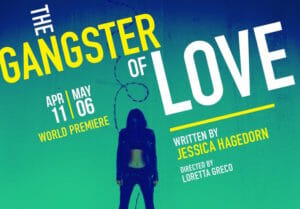
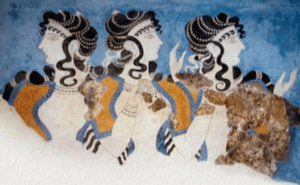
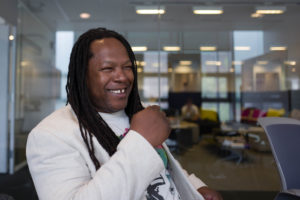
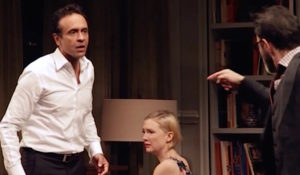
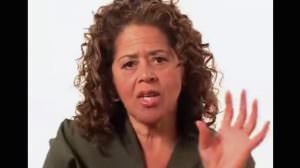

You need to be a supporter to comment.
There are currently no responses to this article.
Be the first to respond.